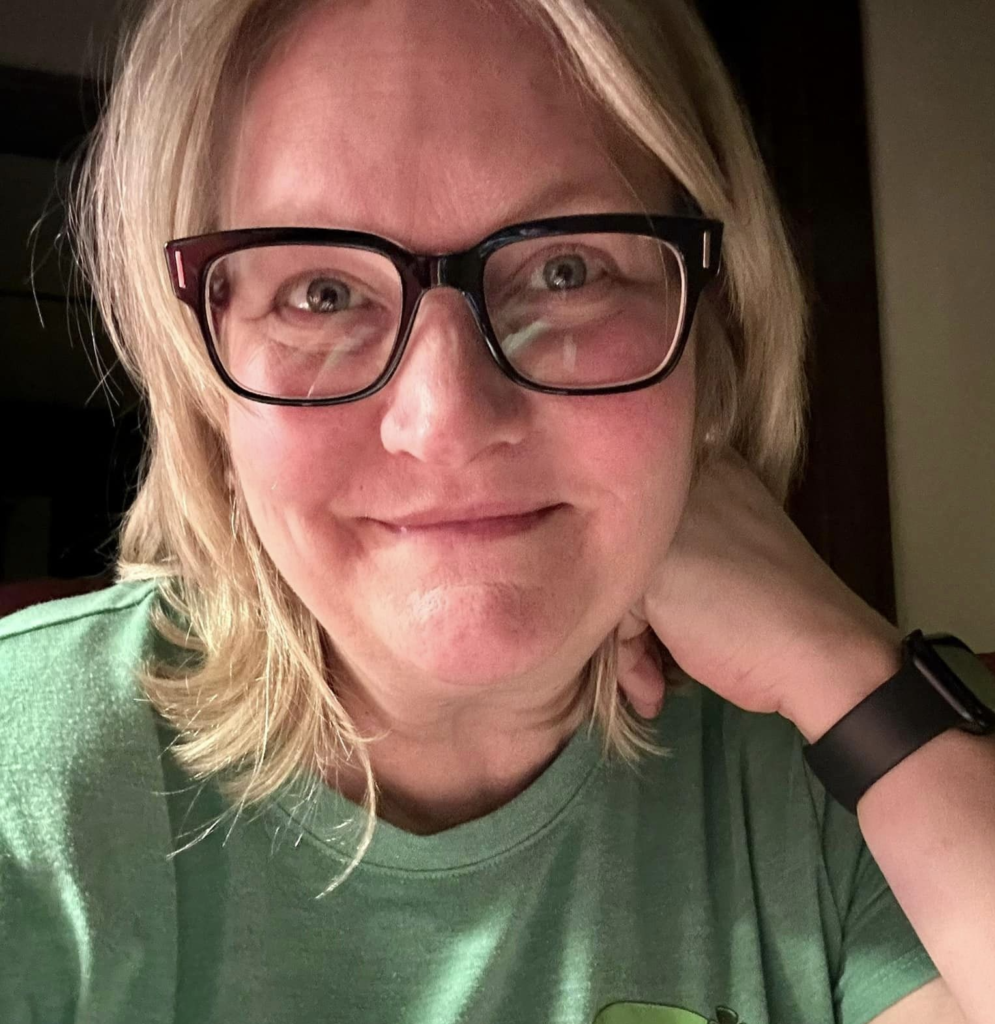What is the immediate future of Josh’s Farmers Market?
People who attended last month’s Town of Mooresville Board of Adjustment meeting and plan to meet today for its continuance are likely just hoping the answer to that question doesn’t take another month – or another 3.5-hour meeting – to decide.
Board of Adjustment members will reconvene today, Tuesday, Dec. 20, for the public hearing at 2 p.m. in Town Hall, 413 N. Main St. The meeting is open to the public. Attorneys for both the town and Josh’s Farmers Market will examine and cross-examine witnesses, with the town expected to continue its argument that planners operated within town ordinances, policies and procedures to levy hefty fines – up to $7,000 a day – against the YMCA of Greater Charlotte, where Josh’s Farmers Market (JFM) was recently located in Morrison Plantation.
The town’s decision effectively put the popular, longtime Mooresville market out of business just weeks before the end of its 2022 season. JFM hurriedly found another property – 140 Raceway Dr. In Lakeside Park – to set up shop for the remainder of the year.
What’s to come of the market for its spring 2023 season, however, is anyone’s guess, but Owner Josh Graham said he expects the market’s permanent location could open in 2024 at property he purchased at Sundown and Williamson roads: the site of his former childhood home.
Graham and the YMCA say their ultimate hope would be for the town to allow JFM to continue operating at the YMCA while the permanent location is built. The town, however, has drawn a hard line, saying it recently issued two temporary permits to JFM at the YMCA, and enough is enough.
But here’s the rub: Josh’s Farmers Market has operated in Mooresville since 1990, with a 10-year-old Graham selling watermelons and cantaloupes from a wheelbarrow on his grandparents’ property on Williamson Road. When permitting became a thing, town planners – up to and including the current Planning Director Danny Wilson – issued the market temporary permits to help it stay in compliance with town codes.
In spite of the simple and humble beginnings of the farmers market in this once-small town, time changes things, and nothing is stronger proof of that than the Town of Mooresville wielding the heavy hand of its government to shut down a long-time farmers market that hurts nothing and is, instead, an affirmative good for the community.
A lot of time, energy, resources and money have been consumed and generated on this situation when it, arguably, could have all been avoided. But how? What could have been done differently? And what can we learn from it all?
The town wants to point a finger solely at the market. But the market didn’t sign one temporary permit after another for it to operate for years. The town did.
And based on testimony from the Nov. 15 meeting, one can’t help but feel the town is kind of making the rules up as it goes.
To be fair, it’s all a bit confusing.
At the heart of the matter is the type of business the town recognizes JFM to be. While the town has permitted JFM as a “produce stand” and a “non-conforming use” – with Wilson, himself, granting just such a permit last year for JFM – town planners have determined under the new UDO, approved in February, that the market is, in fact, a retail sales establishment. That classification triggers far more regulations than if the market was classified as, for instance, a farmers market.
Wilson said that JFM is not, by his definition, a farmers market – until he said that maybe it is. How would he know, he contended, when he hasn’t been asked to make an official designation?
Pause. An official designation? What’s that? And how does a business go about getting one?
We learned in the Nov. 15 meeting that town planners have a process/procedure in place. But while Wilson said he usually advises businesses in JFM’s position to ask for such an “official designation,” he “can’t recall” if he shared that procedure with Graham.
While being cross-examined by Graham’s lawyers, Wilson said that for him to make an official determination of whether JFM is a farmers market – which could have helped avoid the mess that has ensued – Graham would have needed to submit a request.
“Does (the request) have to be in writing?” JFM Attorney Richard Yeoman asked Wilson.
“Yes,” Wilson replied. “We have an application to make a request for a formal interpretation.”
Yeoman asked Wilson if, in any of the half-a-dozen conversations he testified having with Graham, he had talked about farmers markets.
“I cannot recall having one,” Wilson said. “But we’ve had multiple meetings.”
Yeoman then asked Wilson if he would have advised Graham to make a request for a formal designation, and Wilson replied: “I don’t know if I did.” But he said he generally will advise it if a business depends on staff interpretations before, for instance, making a large property purchase or other major business transaction.
Yeoman pointed out that Graham made a large property purchase over the course of his dealings with Wilson. “Would you have advised (JFM owners) to get this determination from you, officially whether or not they’re a farmers market?”
“That is something we do,” Wilson said. “Whether or not I did it explicitly in this case, I cannot recall.”
We’ll look forward to continuing conversations about the matter in a couple hours from now.





